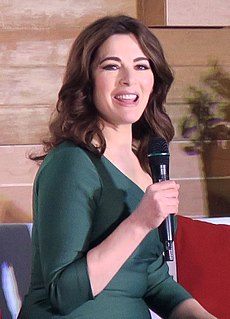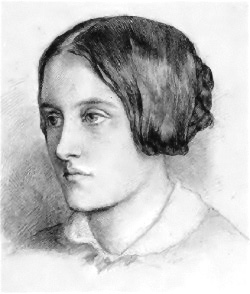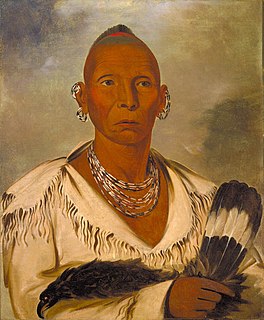A Quote by Nigella Lawson
On the whole, I prefer Christmas as an adult than I did as a child.
Related Quotes
The Christmas season reminds us that a demonstration of religion is always much better than a definition of it...especially in front of the kids.
Perhaps the best Yuletide decorations are to be wreathed in smiles and wrapped in hugs.
The miracle of Christmas is that a baby can be so decisive.
It is good to be children sometimes, and never better than at Christmas, when its mighty founder was a child himself.
In certain circumstances where he experiments in new types of conduct by cooperating with his equals, the child is already an adult. There is an adult in every child and a child in every adult. ... There exist in the child certain attitudes and beliefs which intellectual development will more and more tend to eliminate: there are others which will acquire more and more importance. The later are not derived from the former but are partly antagonistic to them.
A child is an eager observer and is particularly attracted by the actions of the adults and wants to imitate them. In this regard an adult can have a kind of mission. He can be an inspiration for the child's actions, a kind of open book wherein a child can learn how to direct his own movements. But an adult, if he is to afford proper guidance, must always be calm and act slowly so that the child who is watching him can clearly see his actions in all their particulars.
































